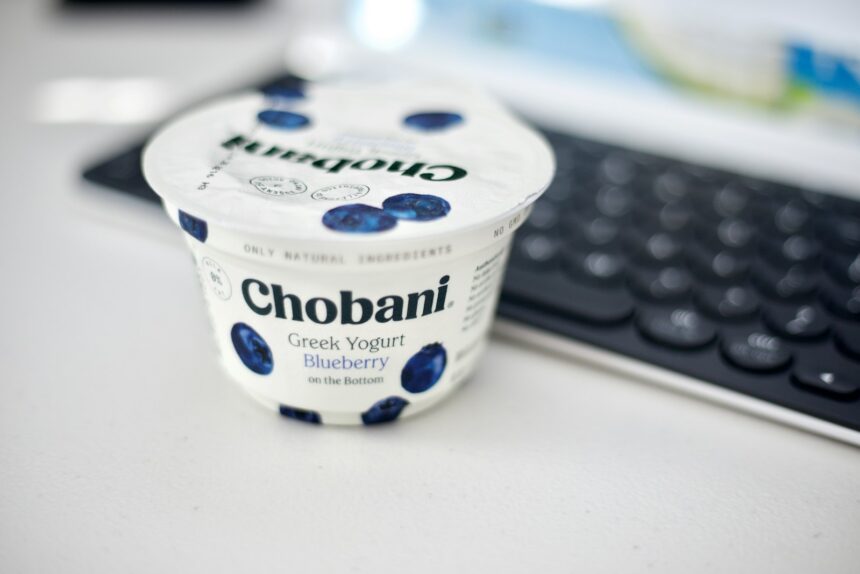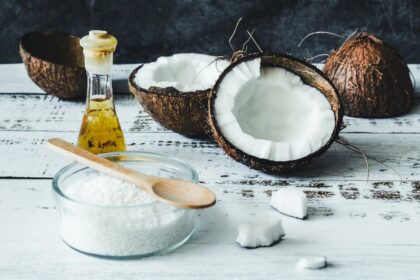When you’re standing in the dairy aisle, deciding between kefir, buttermilk, or yogurt, they might appear nearly identical—white, slightly tangy, and branded as probiotic-rich. Yet, despite their similar appearance and taste, these cultured milk products differ significantly in production, nutritional content, and health impact. If you think it doesn’t matter which one you choose, you might be surprised—one stands out clearly above the rest.
Natural Yogurt
Natural yogurt is made by fermenting milk using specific bacterial strains—primarily Lactobacillus bulgaricus and Streptococcus thermophilus. These bacteria convert lactose (milk sugar) into lactic acid, which gives yogurt its thick, tangy character. Yogurt contains about 20 percent less lactose than milk, making it easier to digest for those with mild lactose intolerance.
Yogurt is rich in high-quality protein, calcium, phosphorus, and B‑vitamins (especially B2 and B12). It also delivers probiotics that support gut health. Regular consumption may enhance digestion, boost immunity, help fight infections, and support bone health and metabolism. It can also aid in lowering elevated cholesterol. Elderly individuals often benefit most, as dairy-based cultures help preserve bone density, support gut function, and strengthen immune defenses.
Kefir and Buttermilk: What Makes Them Different?
Kefir is fermented using kefir grains—a living colony of bacteria, yeasts, and other microbes. This fermentation process produces a slightly bubbly, tangy drink with a subtle alcohol content. Compared to yogurt and buttermilk, kefir offers a richer diversity of probiotic organisms, including yeasts. It supports digestion, acts as an antibacterial agent, strengthens immunity, and helps regulate blood sugar.
Buttermilk, traditionally a byproduct of churning butter, is created by fermenting the leftover liquid with lactic acid bacteria. Its flavor is milder and the texture much thinner than kefir. Buttermilk is highly hydrating, low in calories and fat, and a good source of calcium. It’s an excellent cooling and recovery drink on a hot day or after exercise.
Which Should You Choose?
- For overall gut and immune support, kefir is the standout choice. It contains the widest variety of beneficial microbes and is particularly useful for people recovering from antibiotics, those with frequent digestive issues, or those wanting to bolster their defenses.
- For lactose-sensitive individuals or bone health support, natural yogurt is an excellent option. It’s nutritious, well tolerated, and ideal in the morning.
- For a light, refreshing and low-calorie option, buttermilk is your go-to. Though it has fewer probiotics than kefir, it’s great for hydration and gentle digestion—especially during weight-loss diets or after workouts.
Bottom Line
Each of these cultured dairy products offers unique benefits—and you can enjoy all three depending on your nutritional goals. But if you’re aiming for the most comprehensive probiotic boost, kefir clearly leads the pack.











